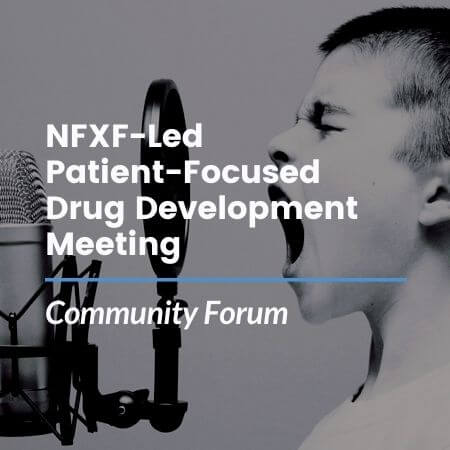PFDD Meeting Community Forum
The Patient-Focused Drug Development (PFDD) meeting on Fragile X syndrome is just around the corner! We need caregivers and self-advocates to participate to make this a valuable meeting. This will help you understand what to expect and what the goal is and how to share your story.










